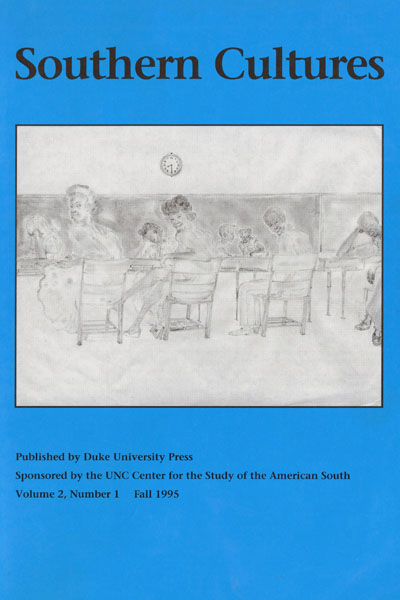Vachel Lindsay (1879–1931), the American poet from Springfield, Illinois, who gave us “Abraham Lincoln Walks at Midnight,” “General William Booth Enters into Heaven,” and “The Congo,” has always been a difficult character to figure out. He first rose to prominence following the publication of “General William Booth Enters into Heaven” in Harriet Monroe’s Poetry magazine in 1913. Prior to his suicide in 1931 he had attained national celebrity by packing lecture halls across the country for bombastic readings of “The Congo,” “General William Booth,” “Bryan, Bryan, Bryan, Bryan, Bryan,” and others. In the twenties he acquired the title “the jazz poet” because of the jazzlike patterns of his rhythmic, repetitious poems. Lindsay is credited with reintroducing sound into American poetry and with popularizing the medium. Indeed, his bizarre stage antics—he dressed in costumes, beat drums, flapped his arms, and made animal sounds—captivated his audiences. Often described as a vaudeville show in itself, a Vachel Lindsay poetry lecture was popular entertainment in the 1920s.
This article appears as an abstract above, the complete article can be accessed in Project Muse


